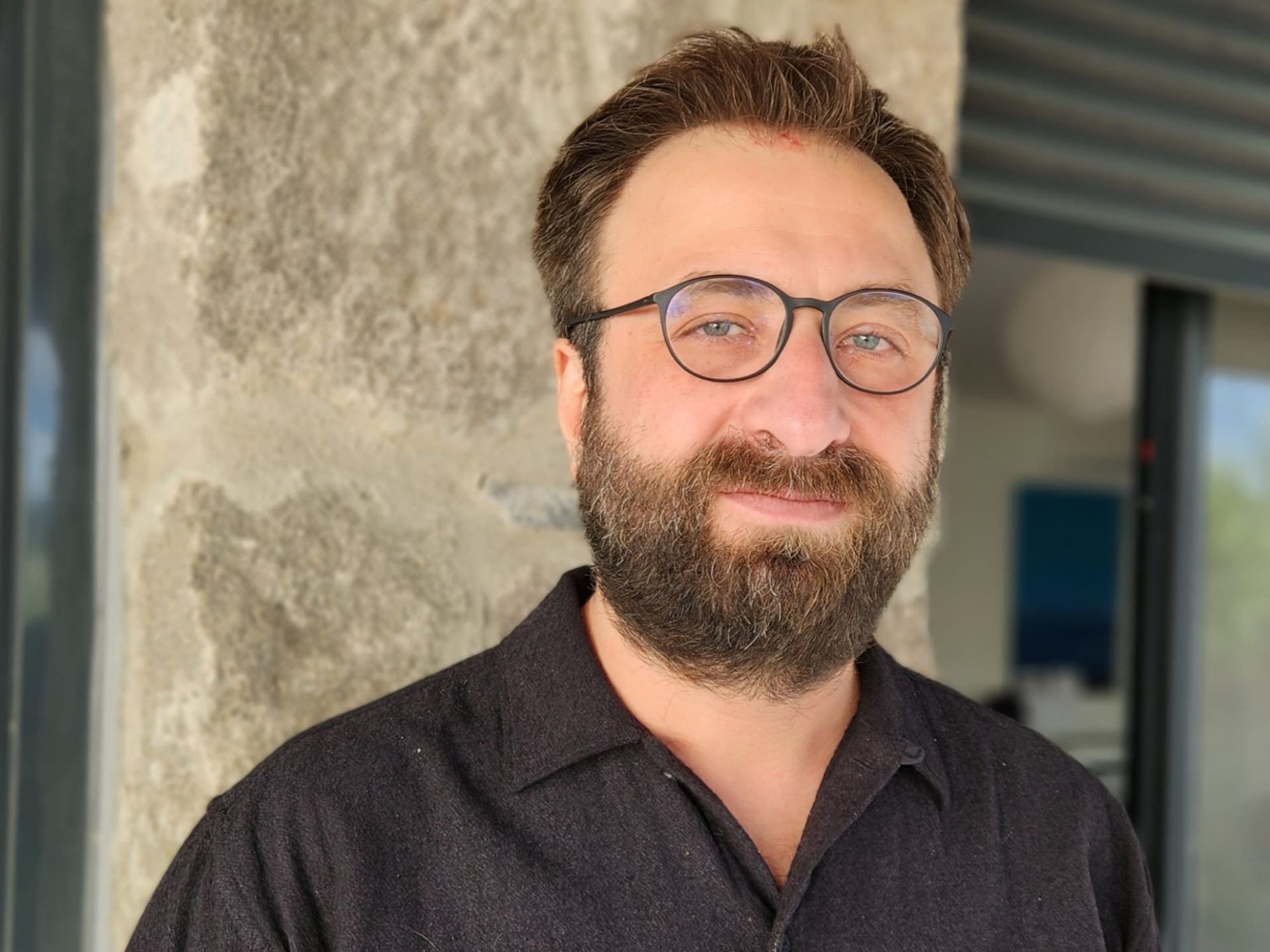Haltia.AI Pioneers Breakthrough in Ontology-Driven Symbolic Knowledge Capture with Large Language Models
‘Neuro-Symbolic Synthesis’ Sets New Standard for Personalized AIMay 24, 2024

Dubai, UAE, May 24, 2024 – Haltia.AI, a leading innovator in personal AI, today announced the release of a novel paper titled “Prompt-Time Ontology-Driven Symbolic Knowledge Capture with Large Language Models.” This study introduces a new approach for capturing personal information from user interactions using ontology and knowledge-graph methodologies, significantly enhancing the personalization capabilities of AI applications.
Haltia.AI’s research explores the integration of ontology-driven symbolic knowledge capture with generative AI. This approach combines the natural language processing capabilities of generative AI with the representational and factual reasoning abilities of knowledge graphs, addressing a critical gap in AI’s ability to understand and respond to user needs.
“Our work represents a major leap in AI personalization,” said Arto Bendiken, CTO of Haltia.AI. “By integrating ontology-driven knowledge capture with large language models, we are creating more intelligent and responsive AI systems. This is a game-changer for personal AI applications, setting the stage for a new era in user-specific AI interactions.”
The research introduces methods to enable LLMs to comprehend and utilize predefined ontologies, ensuring effective symbolic knowledge capture. The use of the KNOW ontology, which models personal information, allows for the structured extraction of personal data, improving accuracy and relevance. Unlike traditional in-context learning methods, this approach uses fine-tuning, which is more practical and scalable, allowing the language model to internalize the ontology and reduce token overhead.
Dr. Tolga Çöplü, lead author of the paper, emphasized the practical implications: “Our research paves the way for AI systems that can capture and utilize personal knowledge with unprecedented accuracy. The combination of neural networks and symbolic AI through fine-tuning offers a scalable and efficient solution for real-world AI applications.”
The study demonstrates high success rates with a relatively small number of training samples, showcasing the feasibility and effectiveness of the proposed approach. Performance evaluations indicate that fine-tuning with a diverse training dataset significantly enhances the model’s ability to capture ontology-based knowledge. Haltia.AI has also made the code and datasets used in this study publicly available on GitHub, promoting transparency and collaboration within the AI community. The paper is published on arXiv.org and can be accessed here.
As part of its ongoing commitment to advancing AI research, Haltia.AI will be unveiling its upcoming second paper at the Extended Semantic Web Conference 2024 in Crete, Greece from May 26-30, 2024. This forthcoming research will delve deeper into the KNOW ontology, showcasing Haltia.AI’s efforts in data modeling and knowledge engineering, representing an industry first. This paper will further establish Haltia.AI’s leadership position in creating practical AI solutions through the cutting-edge approach of neuro-symbolic synthesis.
Haltia.AI’s latest research represents a significant step forward in the development of personalized AI companions. By leveraging ontology-driven symbolic knowledge capture, this study offers a comprehensive solution for enhancing AI personalization capabilities. The innovative methodologies and promising results highlight the potential for practical applications and set a new standard for future research in the field.
Notably, Haltia.AI’s commitment to open research is particularly remarkable for a startup of its size and stage. It is uncommon for such fledgling companies to invest heavily in research and academia, a domain typically dominated by much larger and well-funded organizations.